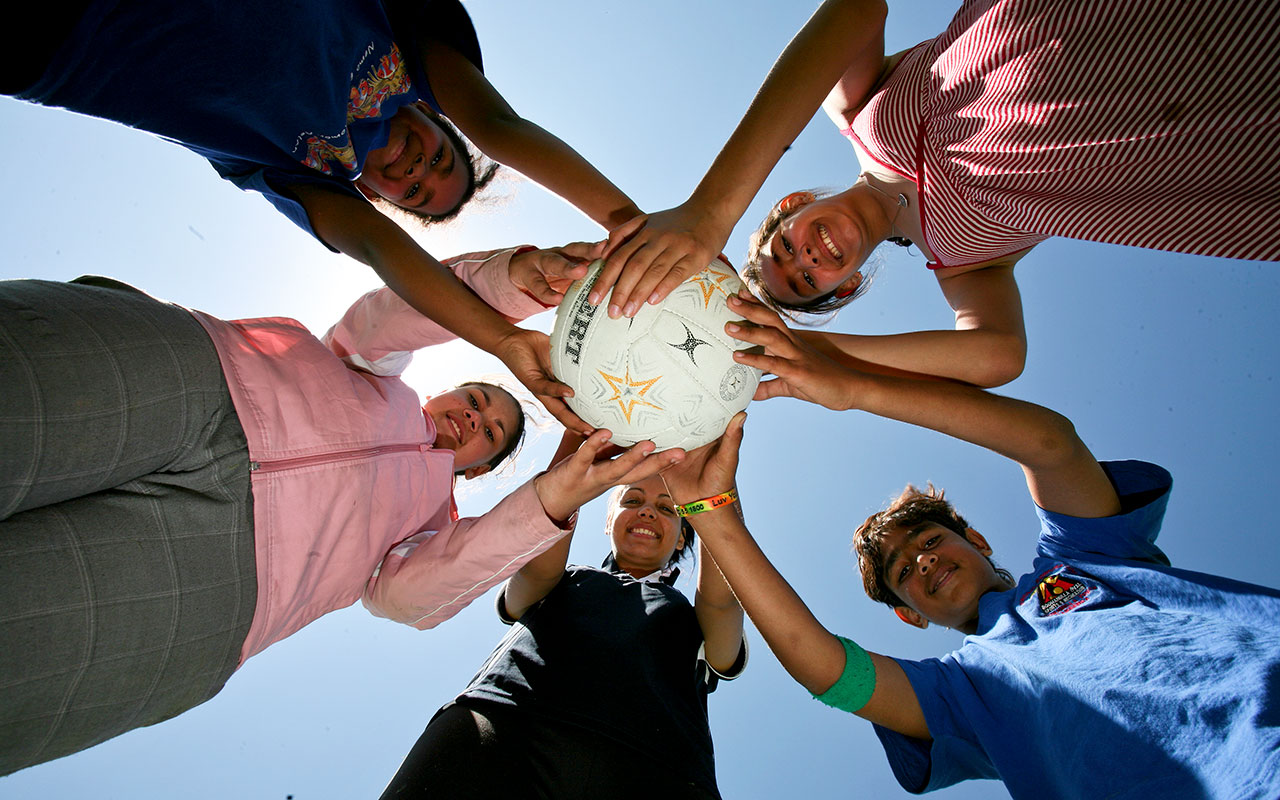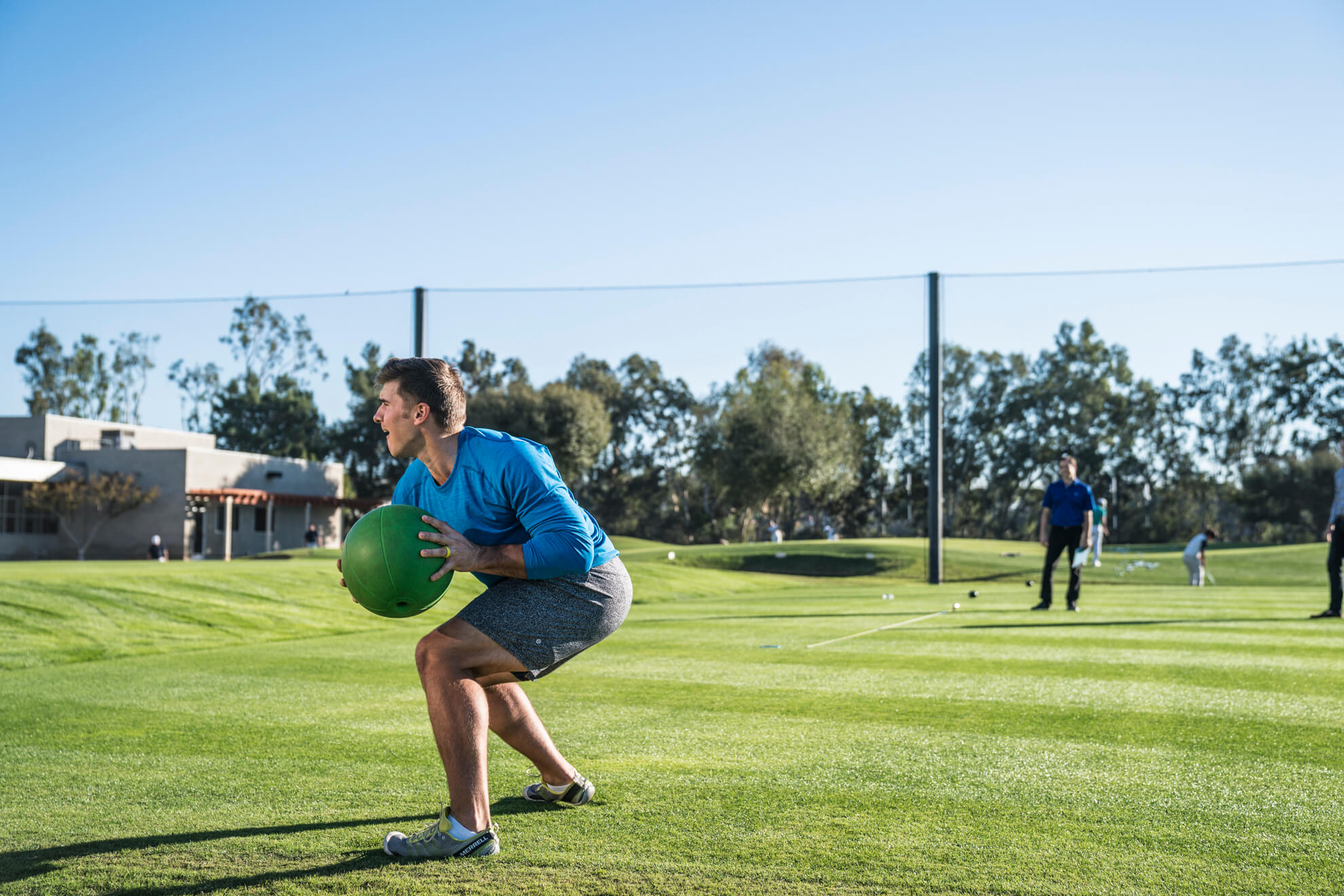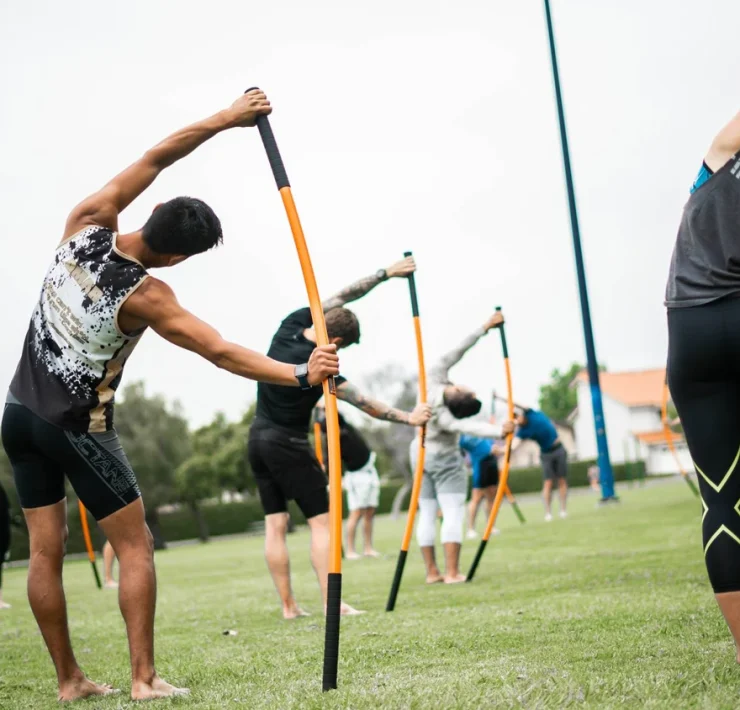The Power of Recreational Sports: Building Health, Community, and Joy

In today’s increasingly digital and sedentary world, recreational sports are more than just games—they are a crucial avenue for physical health, mental well-being, social connection, and personal development. Whether it’s a casual weekend soccer match at the park, a pick-up basketball game after work, or joining a local volleyball league, recreational sports offer people of all ages and backgrounds an enjoyable way to stay active and engaged.
Unlike professional or highly competitive athletics, recreational sports are inclusive, flexible, and centered on participation over performance. This accessibility makes them an ideal option for people who want to balance exercise with fun, without the pressures of elite competition.
The Health Benefits of Recreational Sports
One of the most obvious benefits of recreational sports is physical health. Regular participation improves cardiovascular endurance, muscular strength, flexibility, coordination, and balance. Engaging in sports also helps maintain a healthy weight and reduces the risk of lifestyle diseases like heart disease, type 2 diabetes, and high blood pressure.
But the benefits go beyond the physical. Recreational sports have been linked to:
-
Reduced Stress: Physical activity triggers the release of endorphins, the body’s natural mood elevators. Sports also serve as a distraction from daily worries and provide a healthy outlet for releasing tension.
-
Improved Mental Health: Studies have shown that people who engage in sports regularly report lower levels of anxiety and depression.
-
Boosted Cognitive Function: Certain team sports require strategy, communication, and quick decision-making, all of which stimulate brain function and improve focus and memory.
-
Better Sleep: Physical exertion during games helps regulate sleep patterns, leading to more restful nights.
Social and Emotional Advantages
Recreational sports are a natural environment for building relationships. Whether you’re playing with coworkers, friends, or strangers who become teammates, shared activity helps break down social barriers.
Some key social benefits include:
-
Stronger Community Ties: Local leagues, clubs, and community centers that host recreational sports create a sense of belonging and shared purpose.
-
Teamwork and Communication Skills: Working toward a common goal—whether it’s winning a game or just enjoying the experience—teaches valuable interpersonal skills.
-
Inclusion Across Ages and Backgrounds: From youth leagues to senior fitness classes, recreational sports can be adapted to any age or ability level, making them a true intergenerational activity.
-
Boosted Self-Esteem: Mastering new skills, contributing to a team, and setting personal goals can significantly improve self-confidence.
Popular Recreational Sports Around the World
Recreational sports vary depending on geography, climate, and cultural traditions, but some popular options include:
-
Soccer (Football) – Known as the world’s game, it’s easy to organize, requires minimal equipment, and appeals to all age groups.
-
Basketball – With courts found in most urban areas, basketball is a fast-paced game that promotes agility, teamwork, and cardiovascular fitness.
-
Tennis and Pickleball – These racquet sports are growing rapidly in popularity, especially among adults and seniors.
-
Swimming – Great for cardiovascular fitness and joint health, swimming is accessible and often used in therapeutic recreation.
-
Cycling – Both solo and group cycling are popular for recreation and commuting, offering a full-body workout and exploration of nature.
-
Running Clubs – Community running groups provide motivation and camaraderie while improving endurance and heart health.
-
Martial Arts – From karate to Brazilian jiu-jitsu, these disciplines offer physical and mental development.
Recreational Sports for Youth

Involving children in recreational sports has long-lasting benefits. Beyond promoting physical activity in an age of screen addiction, youth sports help build character, responsibility, and discipline.
Parents should emphasize fun over pressure, focusing on the joy of participation rather than performance. Programs that are too competitive can lead to burnout, injuries, and loss of interest. In contrast, recreational leagues provide a safe space for exploration, learning, and confidence-building.
Barriers to Participation—and How to Overcome Them
Despite the clear benefits, many people hesitate to participate in recreational sports due to:
-
Time Constraints: Busy schedules can make it hard to commit. However, even 1–2 sessions per week can yield benefits. Look for short-duration formats like 3v3 games or lunchtime leagues.
-
Lack of Confidence: Many adults feel intimidated by the idea of joining a sport they haven’t played since school—or ever. Fortunately, most recreational leagues welcome beginners, and skill levels vary widely.
-
Cost: While some sports require significant investment (like golf or skiing), many others (soccer, basketball, running) are low-cost or even free. Many cities also offer subsidized programs through recreation departments.
-
Accessibility: For individuals with disabilities or chronic illnesses, adaptive sports and inclusive programs provide customized opportunities to stay active.
Recreational Sports in the Digital Age
Technology is transforming the recreational sports landscape. Apps now help users find local pickup games, join virtual leagues, or track performance metrics. Online communities offer support and motivation, while video tutorials help beginners learn the basics from home.
However, the rise of eSports and screen-based entertainment has also contributed to decreased physical activity. While gaming has its own merits, balancing digital recreation with physical sport is essential for holistic well-being.
The Future of Recreational Sports
As society places more emphasis on health, mental wellness, and community, recreational sports are poised to play an even greater role. Workplace wellness programs are integrating lunchtime leagues and yoga classes. Cities are investing in public sports facilities, trails, and green spaces. And new hybrid formats—like social sports leagues that combine games with community events—are making it more fun than ever to stay active.
The rise of inclusive sports is also shaping the future, with more programs designed for people with disabilities, neurodiversity, or chronic conditions. These adaptations help ensure everyone can enjoy the benefits of movement and play.

Final Thoughts
Recreational sports are not just pastimes—they’re powerful tools for personal and community health. They reconnect us to our bodies, reduce stress, foster friendships, and help build vibrant, inclusive communities.
Whether you’re kicking a ball in the park, joining a weekend softball team, or trying pickleball for the first time, you’re doing more than just playing a game—you’re investing in a happier, healthier life.So, dust off those sneakers, gather a few friends, and rediscover the simple joy of play. Because no matter your age or background, there’s a sport out there waiting for you.



